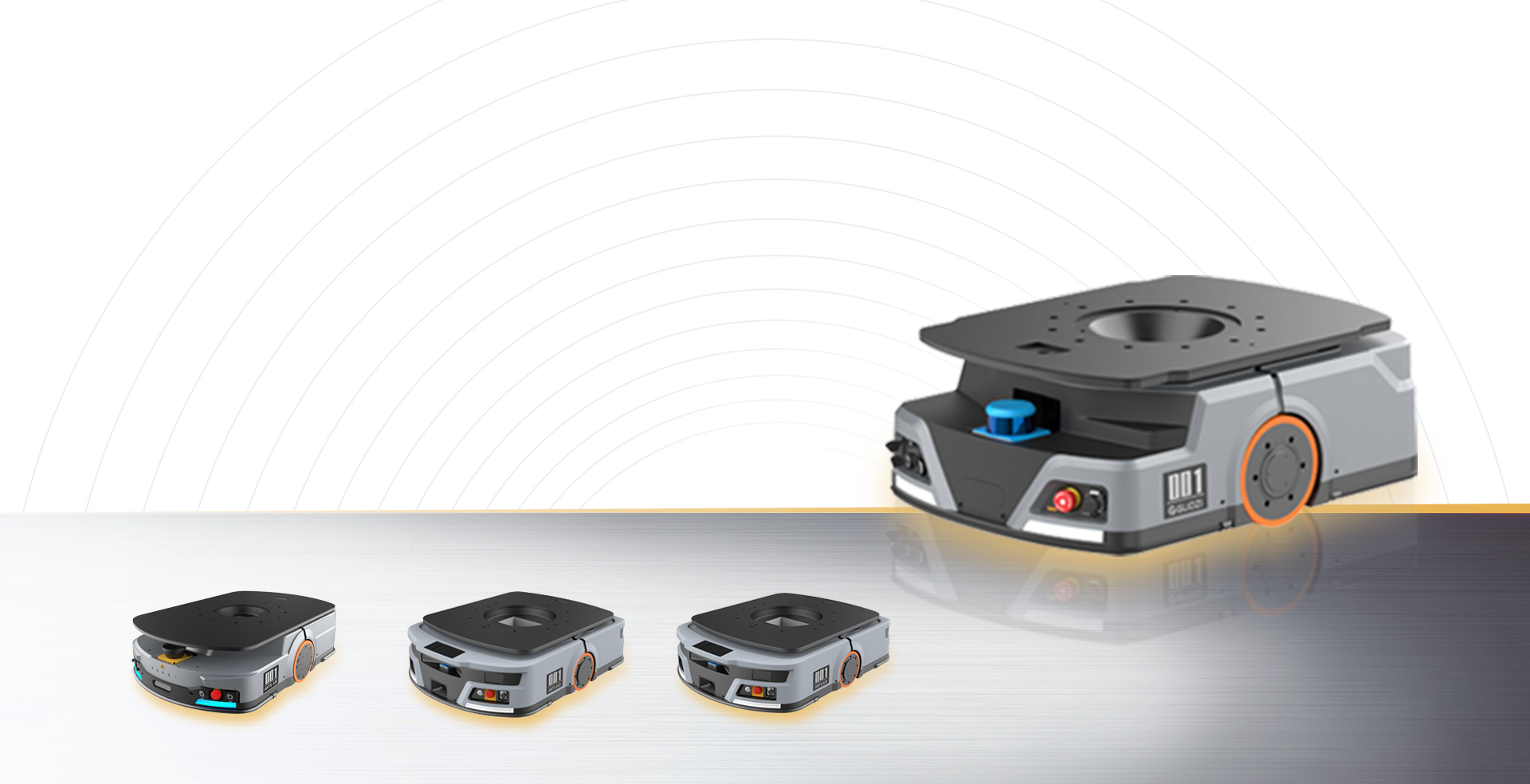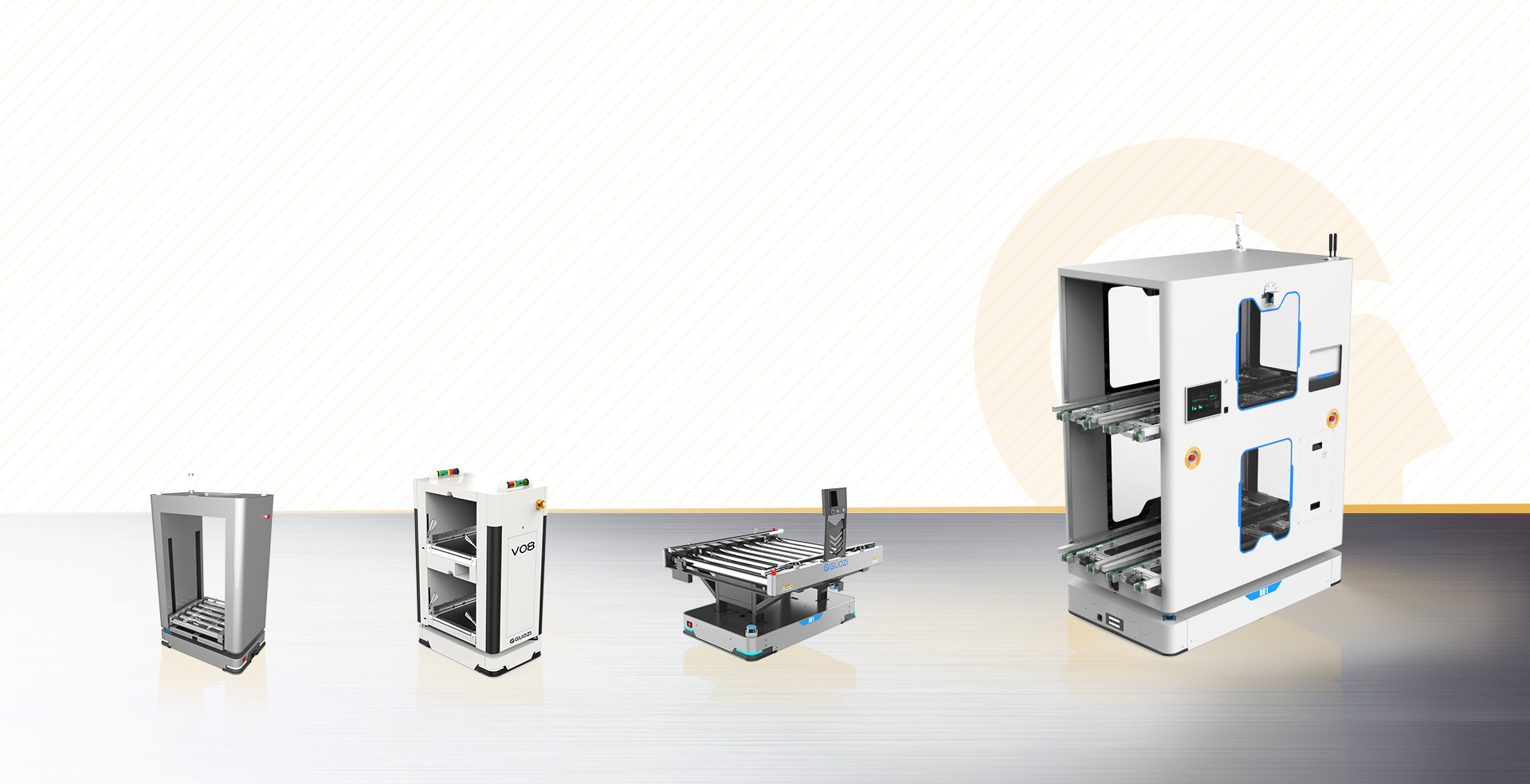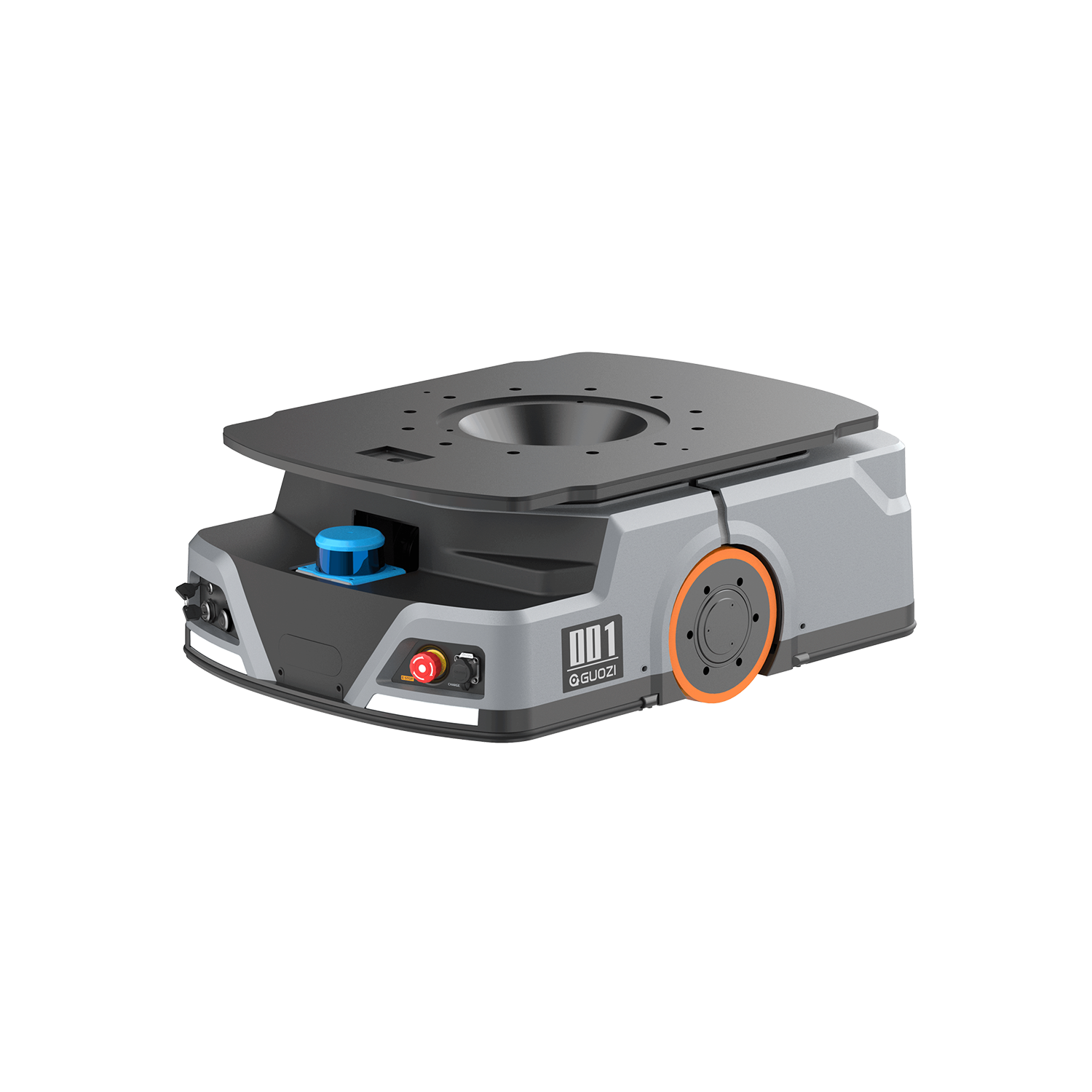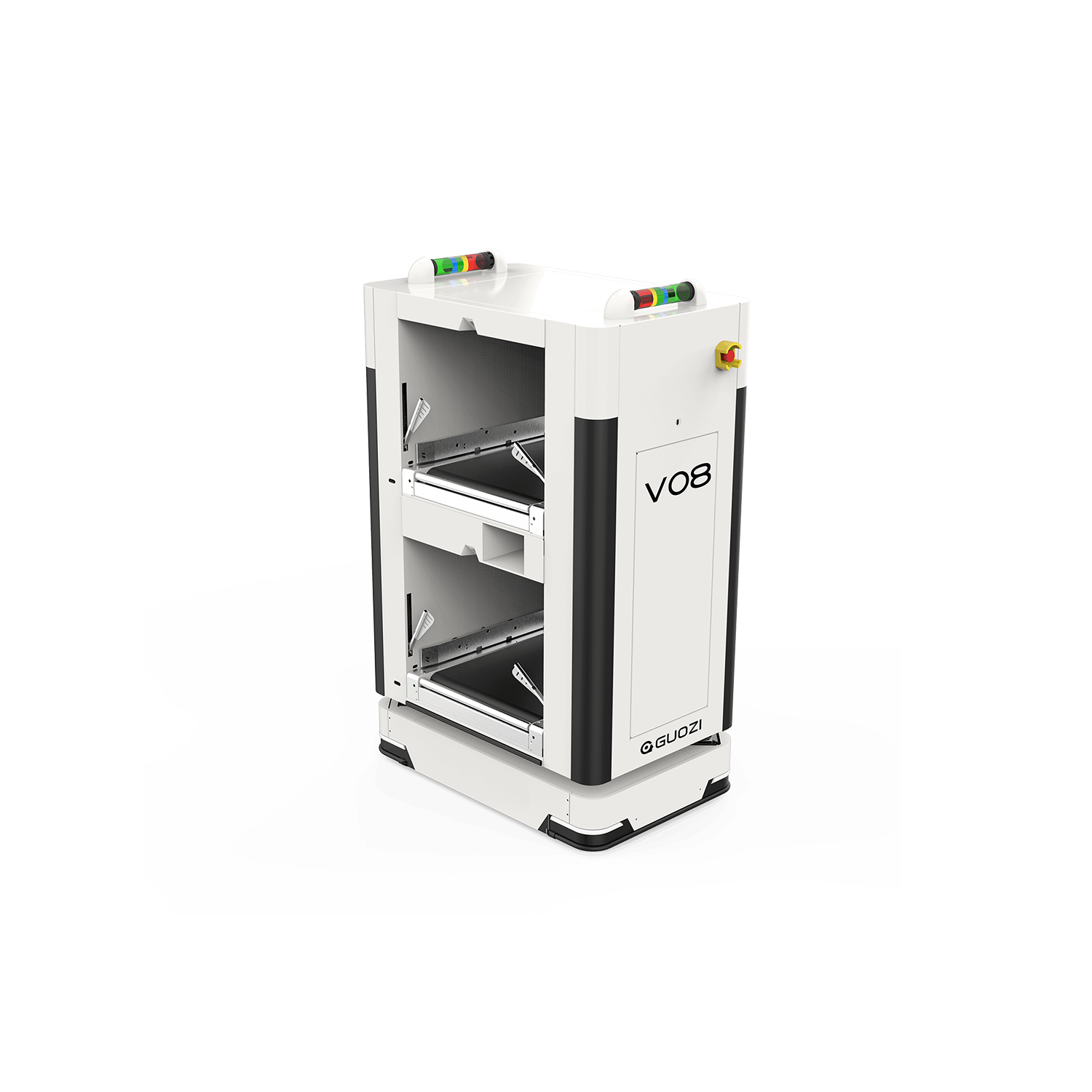In the rapidly evolving world of technology, robotics has emerged as a groundbreaking field, revolutionizing various industries and sectors. One of the critical aspects of robotics that has gained significant attention is robotic docking. This article aims to delve into the importance of robotic docking, its applications, and the benefits it brings to different fields.
1. Understanding Robotic Docking:
Robotic docking refers to the process of automatically guiding a robot to a predefined location or station to perform specific tasks or recharge its batteries. It involves various sensors, algorithms, and communication systems to ensure precise and efficient docking. The significance of this process lies in its ability to enhance the functionality, autonomy, and productivity of robots.
2. Enhanced Autonomy and Productivity:
One of the primary advantages of robotic docking is the increased autonomy it provides to robots. By enabling self-recharging capabilities, robots can operate continuously without human intervention. This feature is particularly crucial in industries where round-the-clock operations are essential, such as manufacturing, healthcare, and logistics. Robotic docking ensures that robots remain productive and functional, minimizing downtime and maximizing output.
3. Efficient Battery Management:
Battery life is a significant constraint for mobile robots. Robotic docking addresses this issue by allowing robots to recharge automatically when their battery levels are low. This not only extends the lifespan of the robot but also optimizes energy consumption. By implementing intelligent charging systems, robotic docking ensures that batteries are charged efficiently, reducing costs and environmental impact.
4. Improved Safety and Accuracy:
In industries where precision and safety are paramount, robotic docking plays a vital role. For instance, in healthcare, autonomous mobile robots can transport medical supplies and equipment to different departments. Robotic docking ensures that these robots accurately navigate to their intended destinations, minimizing the risk of accidents or errors. Similarly, in manufacturing, precise docking enables robots to perform complex tasks with high accuracy, leading to improved product quality.
5. Wide-Ranging Applications:
The significance of robotic docking extends across various industries, including:
a. Automotive: Robotic docking is employed in autonomous guided vehicles (AGVs) used in automotive manufacturing. These AGVs transport parts and materials within the production facility, reducing manual labor and increasing efficiency.
b. Logistics: Warehouse robots equipped with docking capabilities can autonomously recharge, ensuring seamless operations in logistics and supply chain management.
c. Healthcare: Robots with docking stations can be used for medication delivery, patient monitoring, and lab sample transportation, enhancing healthcare services and reducing human error.
d. Retail: Robotic docking enables autonomous shelf-restocking robots to operate continuously, improving inventory management and reducing labor costs.
6. Future Prospects:
As technology continues to advance, the significance of robotic docking is expected to grow. With the rise of Industry 4.0 and smart factories, the integration of autonomous robots and robotic docking systems will become increasingly crucial. Moreover, the development of advanced sensors and algorithms will further enhance the precision and efficiency of docking processes.
In conclusion, the significance of robotic docking cannot be overstated. It empowers robots with increased autonomy, productivity, and efficiency, making them invaluable assets in various industries. From manufacturing to healthcare, the applications of robotic docking are diverse and far-reaching. As technology evolves, the role of robotic docking will only become more prominent, shaping the future of automation and robotics.








